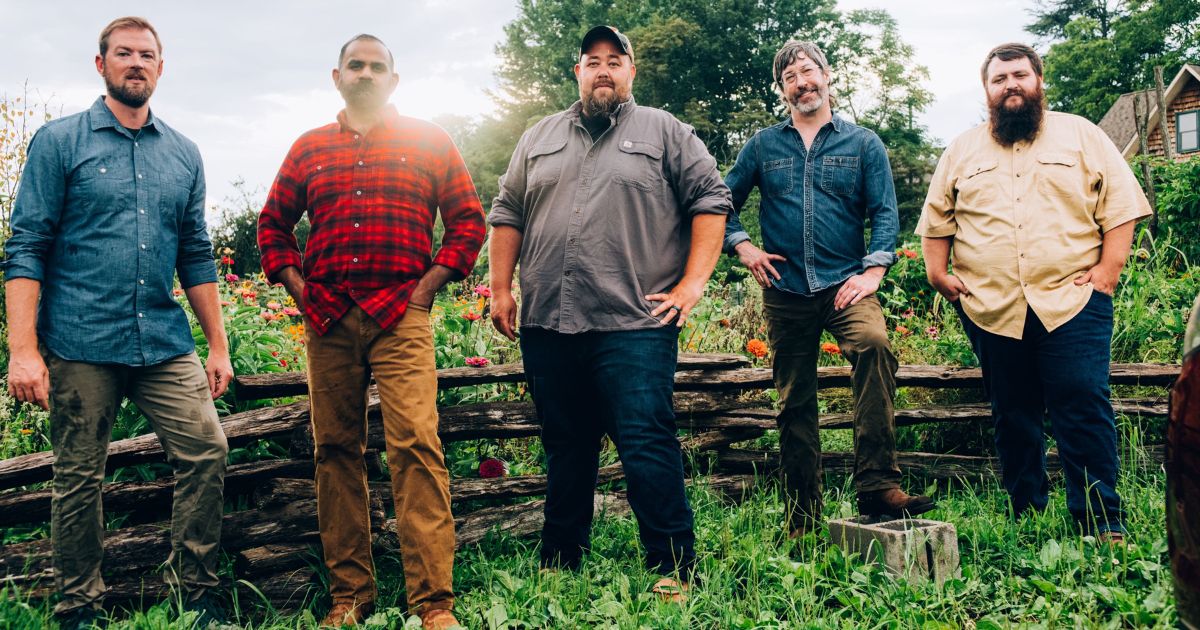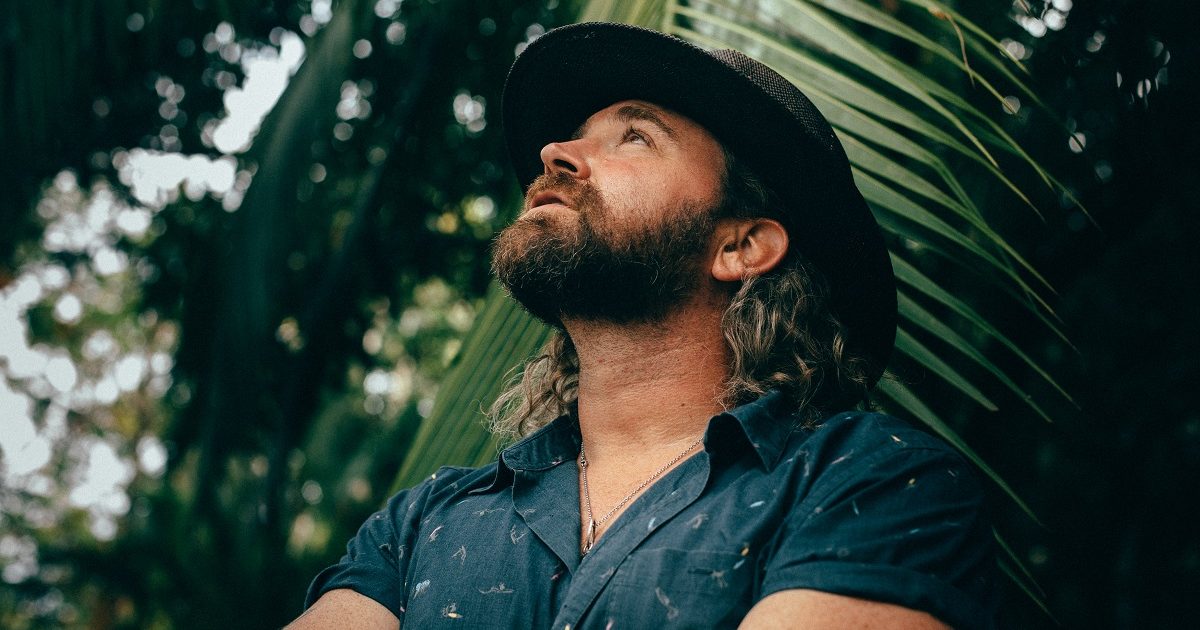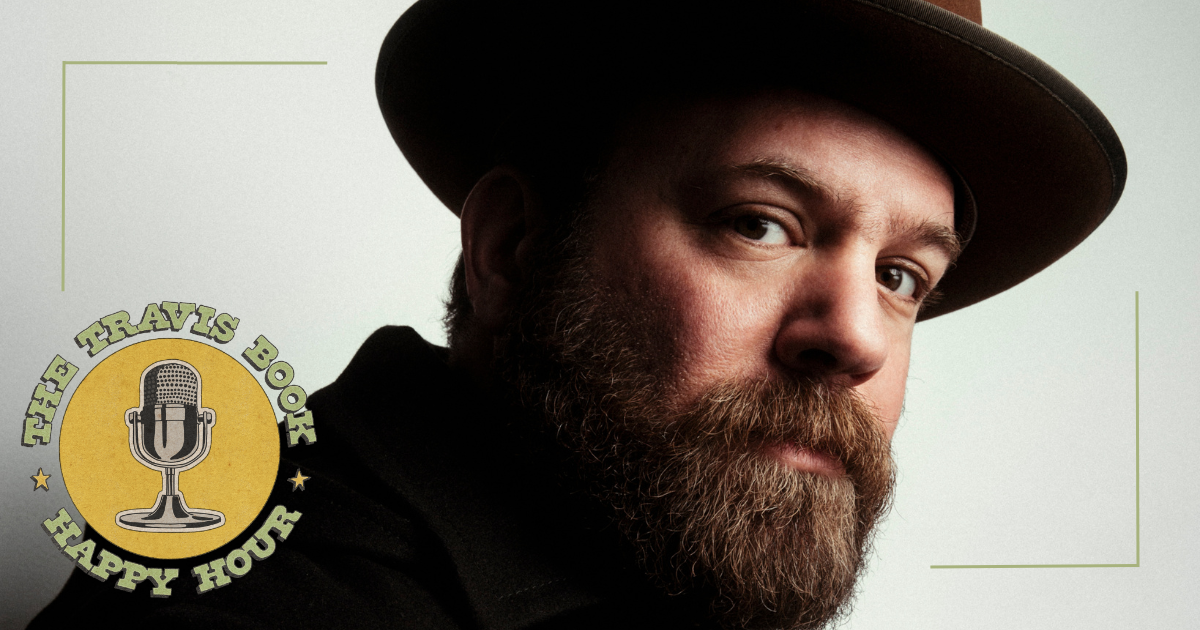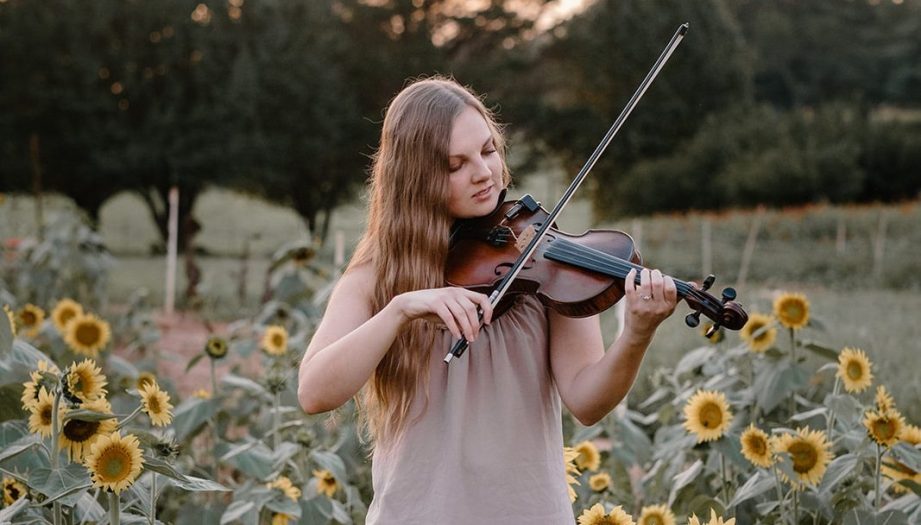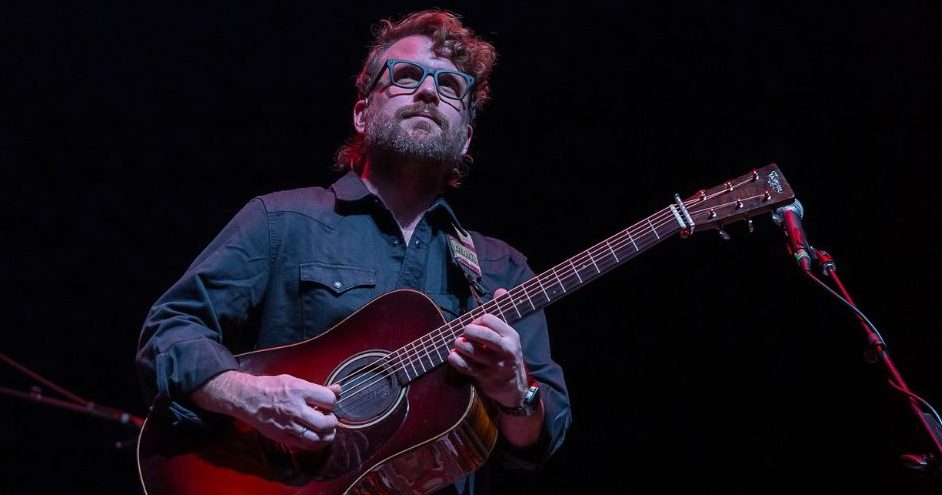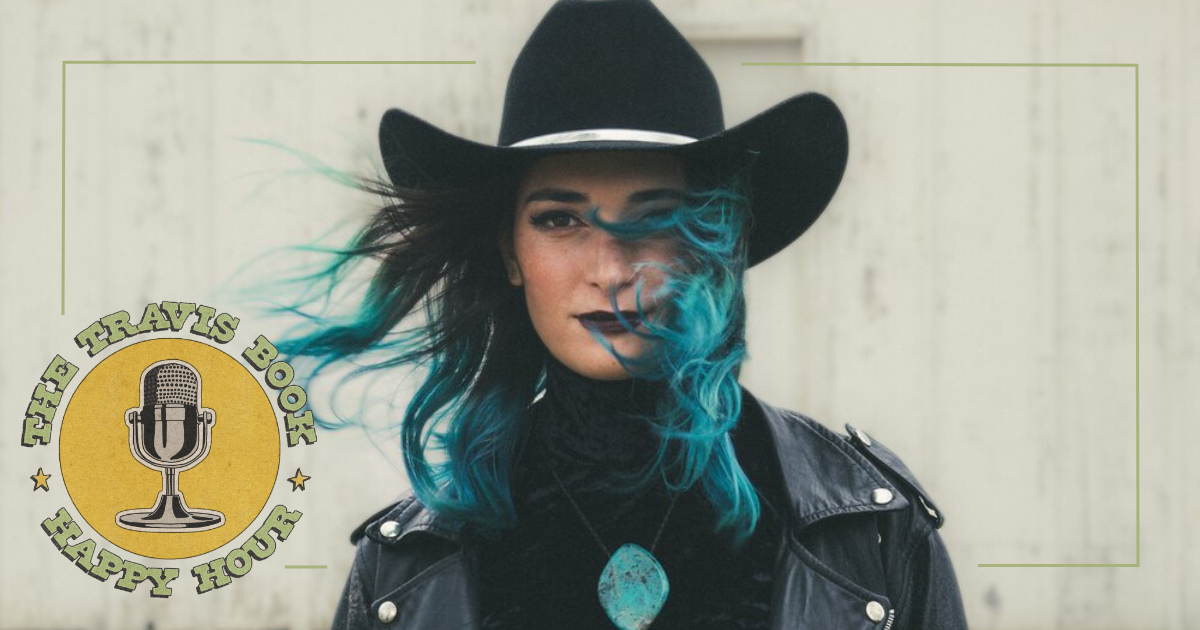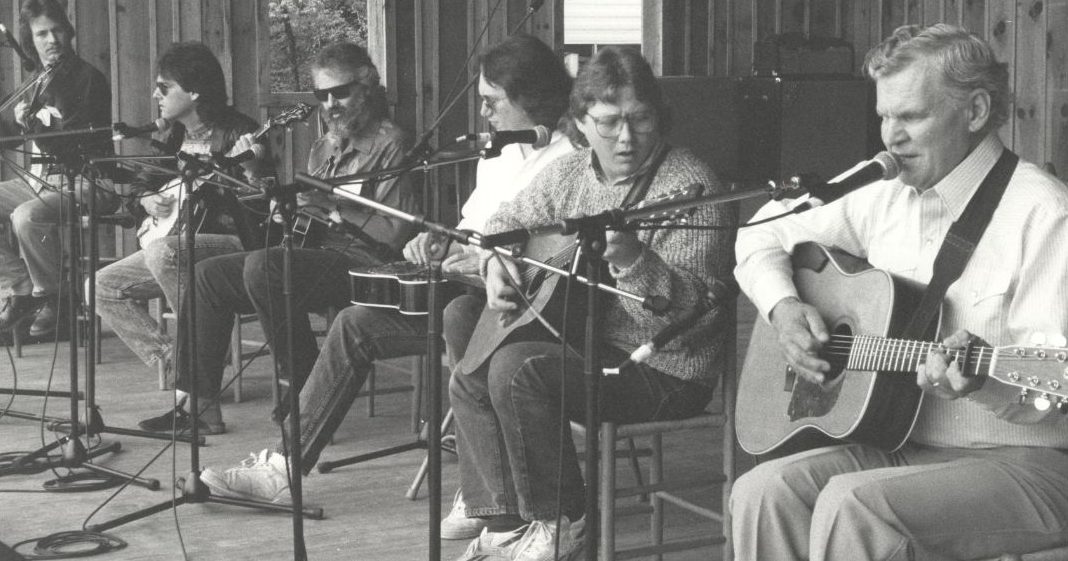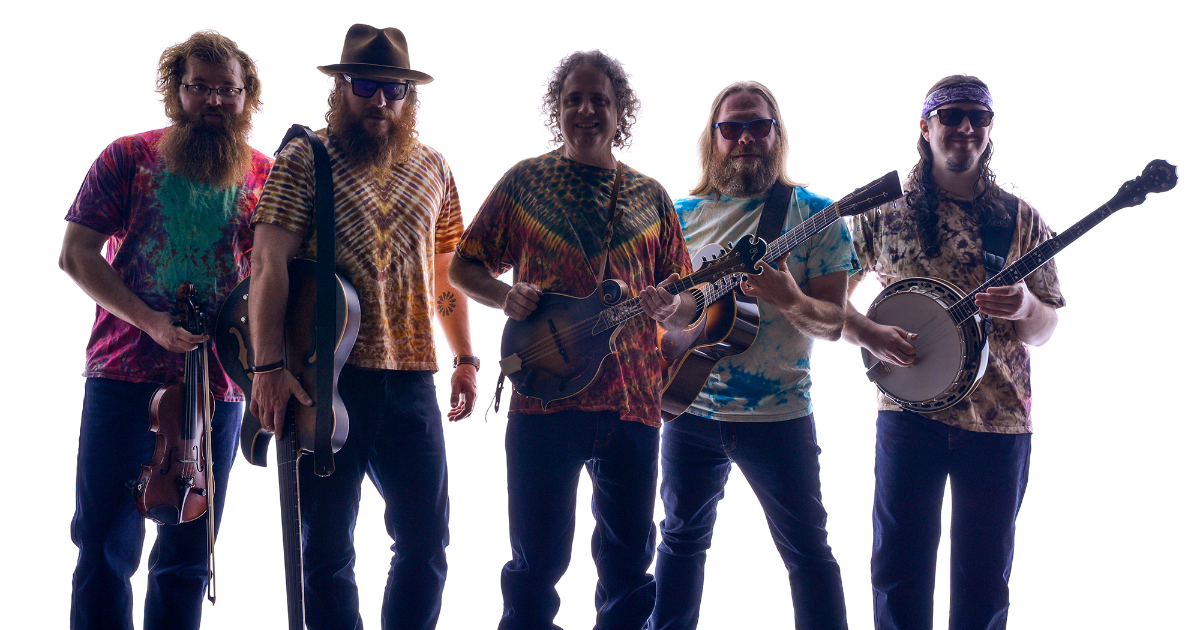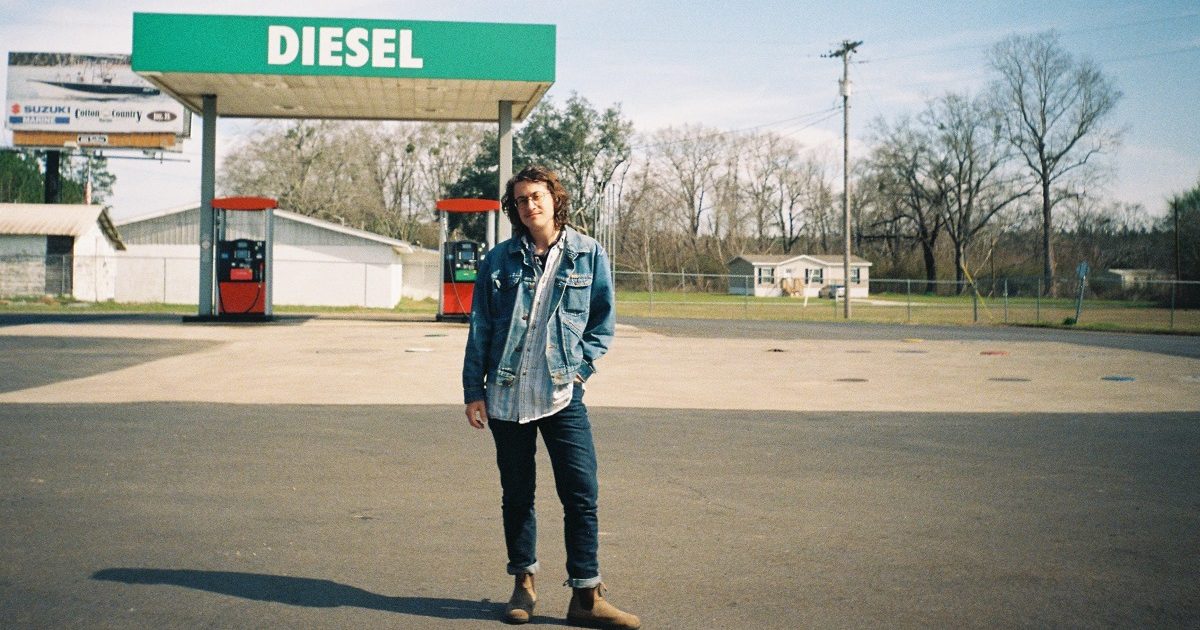This year’s MerleFest, slated for April 27-30 at Wilkes Community College in Doc Watson’s old North Carolina stomping grounds, falls during what would have been the great man’s centennial year. Watson was born 100 years ago this past March in the tiny crossroads of Deep Gap, where he resided for his entire life. But even though Watson himself has been gone for more than a decade, since his passing in May of 2012, his presence is still very much felt at the festival he launched in memory of his late son Merle Watson way back in 1988.
“The first MerleFest I went back to after Doc’s passing, he was bigger than life to me,” says legendary resonator guitarist Jerry Douglas, a MerleFest perennial who has played there almost every year and is on this year’s schedule as well. “Everywhere I looked, I saw Doc in some way and I heard him onstage all the time. He was just ever-present. Not seeing and hearing him made me really want to see and hear him again. Him not being there is still a huge hole for me. It hurts. But even if he’s not there physically, he’s there spiritually. I think the festival survives and is what it is because of Doc Watson, not because of who comes to play there.”
If MerleFest’s ongoing popularity remains the most visible manifestation of Doc Watson’s enduring influence, it is far from the only one. Watson was blind from the age of 1 and became a professional musician for the most practical of reasons, that it was one of the few ways he could make a living. And being sightless hardly slowed Watson down at all. Discovered by folklorist Ralph Rinzler in the waning years of America’s pre-Beatlemania folk revival, Watson was a flat-picking guitarist of such speed and precision that he remains a major touchstone to this day. From Molly Tuttle and Billy Strings on down, just about every notable guitar player in the contemporary folk and bluegrass cosmos still bears his stamp as a touchstone.
“Doc led the way,” says Douglas. “He plowed the ground, sewed the seeds and he’s responsible for all the guitar players out there now playing Tony Rice-style guitar. Doc is the acoustic guitar star.”
But Doc’s far-ranging influence goes well beyond just folk and bluegrass. Exhibit A to that effect would be I Am a Pilgrim: Doc Watson at 100 (FLi Records/Budde Music), a multi-artist tribute compilation released around the time of Watson’s birthday last month. I Am a Pilgrim has contributions from a lot of the artists you’d expect covering songs associated with Watson, starting with Douglas in the first-track pole position with “Shady Grove.” Also present are Dolly Parton with the Tom Paxton composition “The Last Thing on My Mind,” Steve Earle rambling through Mississippi John Hurt’s “Make Me a Pallet,” Rosanne Cash singing a lovely version of the title track, Watson’s longtime accompanist Jack Lawrence picking “Florida Blues” and Punch Brothers guitarist Chris Eldridge giving “Little Sadie” a soulful turn.
The album includes a fair amount of less likely contributors, too, including the American bluesman Corey Harris, West African guitarist Lionel Loueke, Tom Waits sideman Marc Ribot and electric slide guitarist Ariel Posen. The latter gives the old standard “Will the Circle Be Unbroken” a sacred steel feel that would be perfect for the Sunday morning gospel set that Watson used to lead at MerleFest every year.
Perhaps no musician’s presence on I Am a Pilgrim is more unexpected than Bill Frisell, a guitarist primarily known for an avant garde strain of atmospheric jazz. John Zorn is one of his regular longtime collaborators, and Frisell never met or played with Watson. But even though he himself admits he’s not the first musician you’d think of in regards to Watson, Frisell makes for an intriguing wild card on this album, the lone artist appearing on multiple tracks. He accompanies the Tennessee singer/songwriter Valerie June on “Handsome Molly,” adding some six-string sonic fairy dust to the arrangement. And he closes the album with a lovely solo instrumental rendition of the Doc/Rosa Lee Watson co-write, “Your Lone Journey.”
“For me, Doc Watson has been important even though there’s quite a few steps removed from him to me,” says Frisell. “He had extraordinary command and technique. But what attracted me the most was his spirit and the feeling that it came from such a deep, spiritual place. I’m inspired by people who find their own way. He’s the root of the tree and invented this whole world, took what was around him and made it his own. People I look up to – Thelonious Monk, John Cage, Bach, Doc Watson – somehow look through a different lens, find things the rest of us don’t see and show it to us with clarity. It inspires you to try to do something good, too.”
Almost as important as how Watson played guitar was the way he carried himself in his interactions with others, offstage as well as on. Pretty much everybody who knew Watson still sings his praises as someone who had exactly the right attitude about all the hosannas that came his way over the years. Winning seven Grammy Awards, the National Medal of Arts and countless other awards did not seem to change his outlook one bit. When the town of Boone commissioned a sculpture of Watson toward the end of his life, the only way he agreed to cooperate was if the city called it “Just one of the people.” It occupies a bench on King Street in Boone, near where Watson began his career busking for change.
“Doc was a humble man,” says B. Townes, Watson’s MerleFest co-founder. “He never met a stranger and, in his own words, he was not a star, just a person. Not only was he the legendary award-winning flatpicking guitarist, he had a warm welcoming way with people, no matter who you were. To me, he was a father type. He was my ears to the music. I guess I was his eyes to what a festival might be. Doc’s spirit is certainly still with us at every MerleFest. So many artists when they’re onstage will bring up memories of Doc. That helps keep the spirit alive.”
MerleFest has always been billed as “traditional plus,” meaning traditional music plus every other style Watson was interested in – everything, in other words. This year’s lineup offers the usual impeccable mix of old and new artists bearing his stamp, from Country Music Hall of Famer Tanya Tucker to modern-day hitmaker Maren Morris. There’s also classic rock with Little Feat and Chris Robinson’s Brothers of a Feather, and the classically influenced bluegrass of Kruger Brothers. Along with latterday keepers of the flame Josh Goforth and Presley Barker, MerleFest 2023 has the return of the Avett Brothers, who launched their career at the festival in 2004. And most all the usual suspects will be there, too, regulars like Sam Bush, Peter Rowan, Roy Book Binder and Douglas.
“MerleFest is the first place we all gather every year,” says Douglas. “It’s in the right place at the right time – in North Carolina, the cradle of bluegrass civilization as we know it. Earl Scruggs, Doc Watson, Don Reno, Bobby Hicks, all these great musicians who drank the water and became great musicians because of where they came from.”
Top photo courtesy of the Doc Watson Archive. Pictured (L-R) Stuart Duncan, Bela Fleck, David Grisman, Jerry Douglas, Jack Lawrence, and Doc Watson
